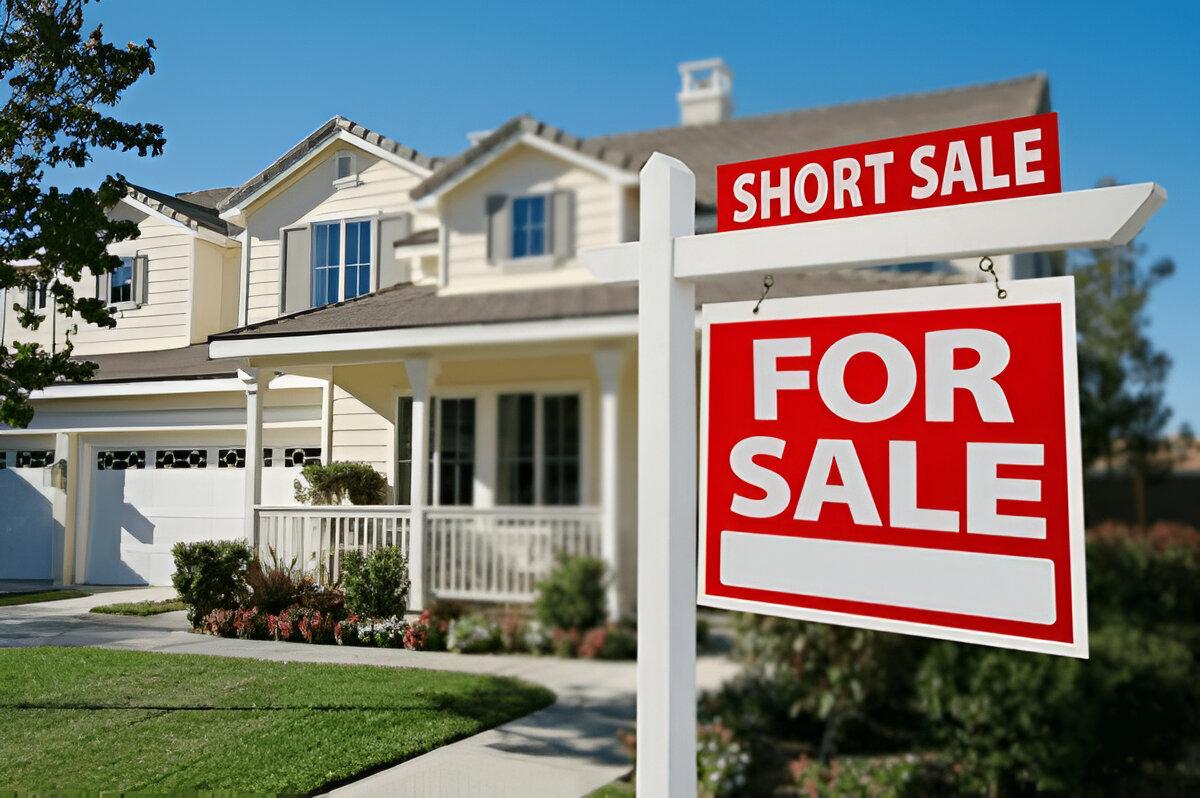Navigating the real estate market can be challenging, especially when considering options like short sales. In Florida, short sales can offer unique opportunities and challenges for both buyers and sellers. Let’s explore the pros and cons of short sale properties in Florida to help you make an informed decision, whether you are looking to buy or sell.
What is a Short Sale?
A short sale occurs when a homeowner sells their property for less than the amount owed on the mortgage. This process requires approval from the lender. As they agree to accept a reduced payoff amount. South Florida short sales can be a viable option for homeowners facing financial difficulties and for buyers looking for potential bargains.
Pros of Short Sale Properties in Florida
- Avoiding Foreclosure: For homeowners, one of the main advantages of a short sale is avoiding foreclosure. Foreclosures can have a severe impact on credit scores and future borrowing ability. Putting your house on short sale in Florida offers a way to mitigate these negative effects.
- Potential Bargains for Buyers: Buyers can often fine short sale homes in Florida at lower prices compared to traditional sales. This can be an attractive option for those looking to invest in real estate or find a more affordable home.
- Less Impact on Credit: While short sale will still effect the seller’s credit, the impact is generally less severe than a foreclosure. This can make it easier for sellers to recover financially and qualify for future loans.
- Lender Cooperation: In many cases, lenders are willing to cooperate with homeowners to facilitate a short sale. This can streamline the process and provide a more favorable outcome for all parties involved.
Cons of Short Sale Properties in Florida
- Lengthy Process: One of the main drawbacks of short sale properties in Florida is the lengthy approval process. It can take several months for the lender to approve the sale, which can be frustrating for both buyers and sellers.
- Uncertainty: There is no guarantee that the lender will approve the short sale. This uncertainty can be stressful and may result in wasted time and effort if the sale is not approved.
- Potential for Additional Costs: Buyers of short sale homes in South Florida may encounter additional costs, such as unpaid property taxes or liens. It’s essential to conduct thorough inspections to avoid unexpected expenses.
- Impact on credit: While the impact on credit is less severe than a foreclosure, a short sale will still negatively impact the seller’s credit score. This can make it more challenging to secure future loans or credit.
Conclusion
South Florida short sales offer both advantages and disadvantages for buyers and sellers. For homeowners, short sales can provide a way to avoid foreclosure and minimize credit damage. For buyers, they present an opportunity to purchase properties at potentially lower prices. However, the cons are important factors to consider. By understanding the pros and cons of short sale houses in Florida, you can make a more informed decision and navigate the real estate market with confidence.
At Lang Realty, we are experts in navigating the short sale process and can help you through every step of the way, whether you are a buyer or a seller. Our experienced team can provide valuable guidance and ensure a smooth and successful transaction. Let Lang Realty help you make the best choice in today’s market.

